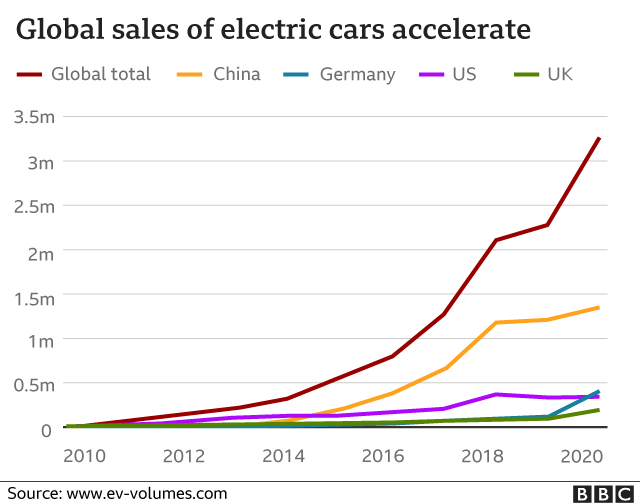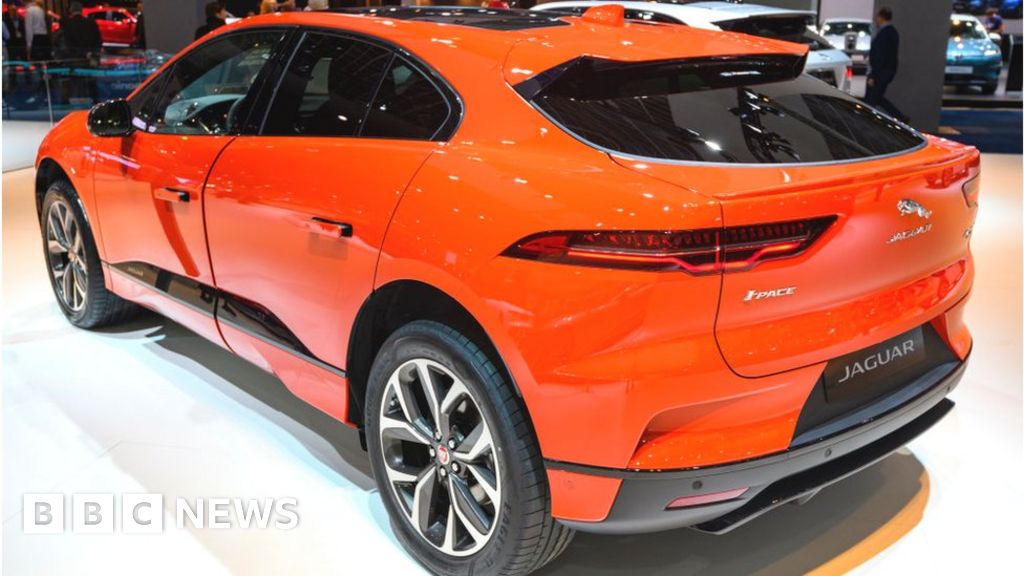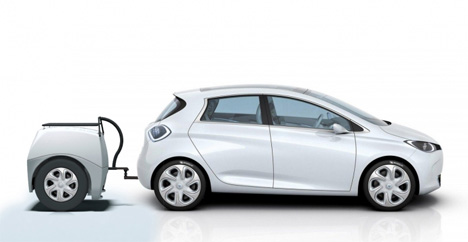Rigby5
Diamond Member
Yeah, what can 1 then then 3 degrees difference in temperature make? Certaunly not drought and severe weather patterns or iceless poles. Nothing to worry about. Im sure west of the Mississippi they will find water somewhere.
Except that EVs speed up global warming.
Batteries are lithium and that is very dirty and expensive to mine.
Not to mention heavy and hard to recharge.




